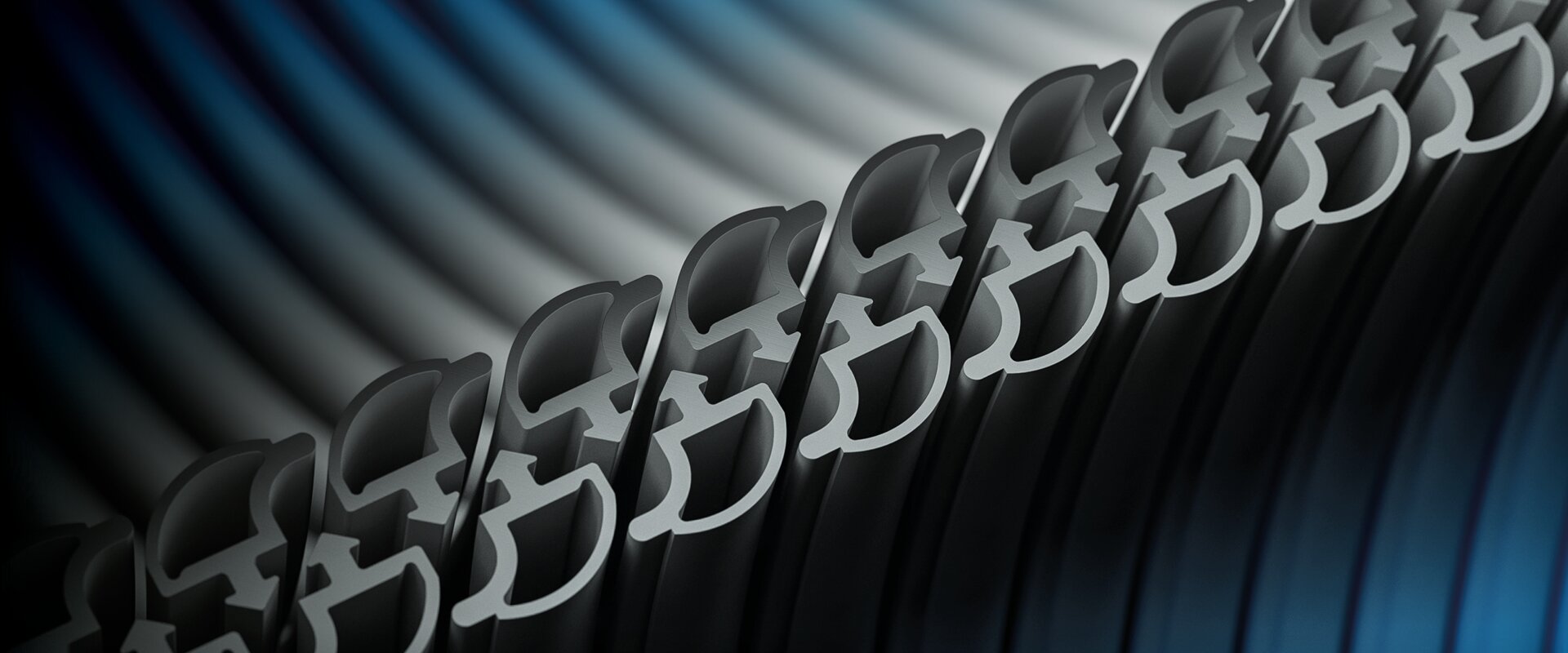

Thanks to their practical properties, modular systems have been gaining importance in the construction and assembly of production plants, workshop equipment, etc., for several years now. Suppliers tend to rely on aluminium as a material. However, plastic profiles open up numerous advantages as a replacement for metal. Depending on the area of application, they ensure optimum guidance, a reduction in friction or perfectly matched electrical insulation.
Plastics can be a valuable addition to support aluminium systems and optimise them in terms of noise production, impermeability and appearance. As a professional partner for plastic profiles, however, it is important to us that properties are perfectly matched. We only recommend the use of plastic where it offers added value.
Profiles made of thermoplastics have the following advantages over aluminium components: they are light, electrically insulating, have excellent sliding properties and are characterised by lower heat transfer. Furthermore, thanks to the infinite colour palette, they can be adapted to your individual colour concept. The coloured plastic can replace painted metal profiles in many places, making scratches and signs of wear less obvious.
Plastic profiles can easily be used to complement existing system modules. They can be used together with aluminium components to complement them. Their contour accuracy and tolerance range correspond to those of conventional construction profiles. Low-maintenance and weight-saving, they are also multifunctional thanks to the use of multi-component material.
PP, PE-HD, PE-LD, ABS, SB, (possibly ASA), PVC-U, PVC-P, POM, PC, PMMA, TPE (TPV, TPS, TPO), TPU, EPDM, NBR potentially modified for ESD and fire protection